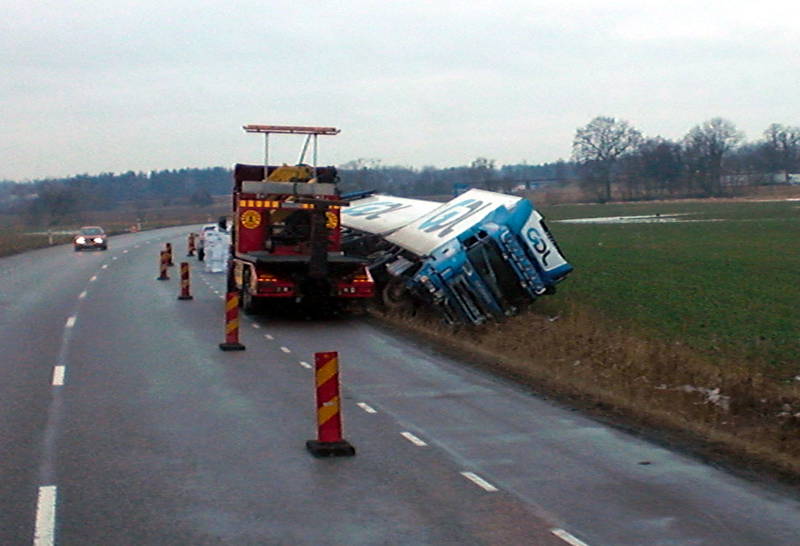
We truly hope this isn’t a lasting legacy of the coronavirus pandemic. However, a decision by the U.S. Department of Transportation’s (DOT) Federal Motor Carrier Safety Administration (FCMSA) to ease regulations on the trucking industry is potentially very troubling. As a way to get needed supplies to emergency departments at hospitals and urgent care clinics, among many businesses deemed necessary, more quickly and with less hassle than should have been the case, federal highway-safety regulators have decided to suspend the rules limiting daily driving hours for truck drivers who are moving emergency supplies such as medical equipment, hand sanitizer, and food in response to the needs of the global coronavirus outbreak.
Getting America Moving?
The Department of Transportation announced the nationwide exemption on Friday, following President Trump’s declaration of a national emergency over the pandemic. Their hope is that the move “will help America’s commercial drivers get these critical goods to impacted areas faster and more efficiently,” according to FMCSA Acting Administrator Jim Mullen.
This change in trucking regulations comes as hospitals report shortages of medical masks and as retailers and manufacturers are straining under unprecedented demand for all sorts of goods, including items like hand sanitizer and everyday products like bread, toilet paper, potatoes, and rice. One cause for the shortages was anxious consumers stockpiling certain goods. In the wake of that, grocers have turned to rationing, imposing purchase limits on certain items, and many stores have yet to recover.
With rampant supply shortages for disinfectant wipes, cleaning supplies, toilet paper, and other high-demand products, the FMCSA decided they wanted to do something to help, so they issued nationwide relief from hours-of-service regulations, although regional declarations had already waived those rules in response to disasters such as hurricanes. Normally, federal regulations limit most commercial truck drivers to 11 hours of driving time within a 14-hour workday. The intended purpose of such restrictions was to reduce accidents caused by highway fatigue on the part of commercial drivers.
How Limited Will the Waiver Be for Trucking Companies?
The national emergency declaration only technically applies to carriers providing direct assistance to relief efforts tied to the coronavirus pandemic, which means the waiver only applies to those drivers moving medical supplies and equipment related to COVID-19, to test, diagnose and treat it. However, it also applies to those hauling goods to help prevent virus spread, including masks, gloves, hand sanitizer, and disinfectants. The waiver also applies to motor carriers moving medical and emergency services providers, people needed to set up and manage temporary housing and quarantine facilities, and people being moved for medical, isolation or quarantine purposes, according to the FMCSA. In addition, drivers transporting “food for emergency restocking of stores” are also covered by the declaration.
The declaration doesn’t apply to routine commercial deliveries or truckers hauling mixed loads that include more than just essential supplies. Drivers who inform their motor carrier employers that they need immediate rest must be permitted at least 10 consecutive hours off duty.
Those who drive large commercial trucks are generally among the best-trained drivers on the road. However, sometimes, the trucking company they work for pushes for anything that can give them an edge regarding profits. That is one reason why semi-truck accidents are far too common.
Accidents involving large commercial trucks are among the deadliest on the road, in San Antonio, Bexar County and beyond. It’s not hard to understand why, given that the largest semi-trucks can weigh as much as 80,000 pounds. That means they outweigh even SUVs by a factor of more than 20 times. The size differential alone explains why truck-car accidents are almost always a disaster. It’s always in the best interests of any car driver to allow semi-trucks the extra space and time they need to maneuver safely on our roads. And let’s hope that, when the effects of the current efforts to stem the pandemic are long over, officials will go back to treating truck driver safety as important.
